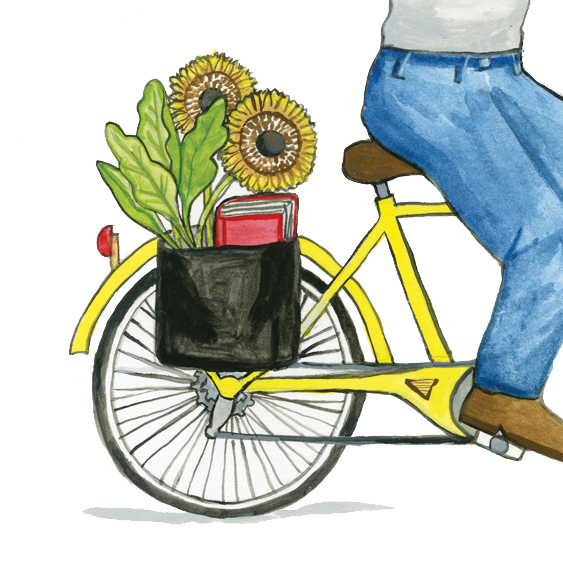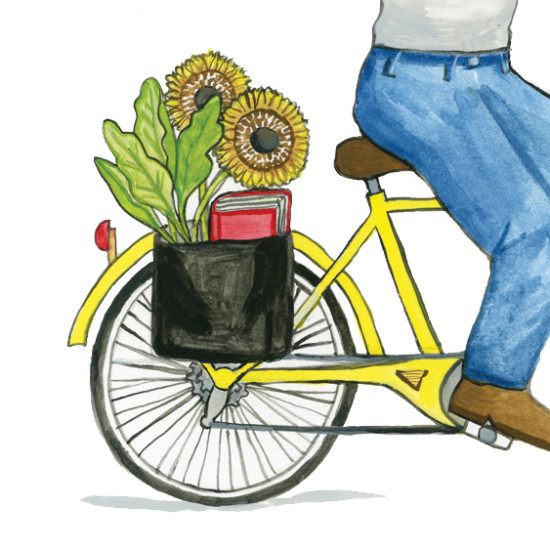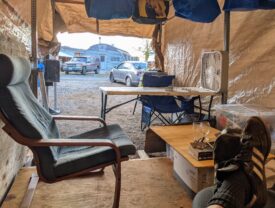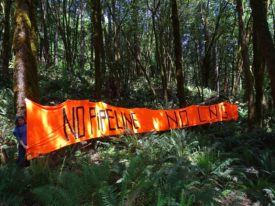Clark
Joe Cortright asks exactly the right question: why can’t The Atlantic and Bloomberg do long division? The same goes for the Boston Globe and a host of other outlets that I won’t bother to link to. They all repeated a claim made by J.D. Power, a marketing firm, that “Gen Y” is buying more cars than “Gen X”—writing stories suggesting that the allegedly car-averse Millennials are actually surpassing the 40-somethings in their love of the auto. But there’s that pesky division problem: by the Powers definition, Gen Y includes 78 million people, while Gen X has just 45 million. And once you adjust for population, GenY’s car purchases trails GenX by 36%.
But even that misses the point. The right question to ask is: how does GenY compare with GenX, back when GenXers were the same age as today’s GenY? J.D. Power undoubtedly has the answers in its research files. But it doesn’t seem to be sharing them. You have to wonder why. Maybe because it doesn’t make headlines?
Serena
From weather updates and maps navigation to job searching on Craigslist and networking with fellow travelers, mobile phones have been a game-changer for people experiencing homelessness, especially among the younger generation.
Thirty-five million Americans, a number equal to the population of Texas, have started but not completed college. The recently announced Starbucks partnership with Arizona State University wants to help change that. Key to their model, beyond the tuition coverage that has garnered most of the news headlines, is a very proactive advising component. The Atlantic profiled the program’s determined, if rocky start earlier this week.
Anna
Six common climate myths, debunked.
A cook who works in the US Senate cafeteria (or to be more precise, a cook who works for the private contractor that runs the US Senate cafeteria—a multinational corporation headquartered in the UK) needs food stamps to feed his own family.
In related news: Who owns all the stuff? You probably guessed it: The top 10 percent of white families in the US own almost everything. Demos reports, “Overall wealth distribution is grim and getting worse.”
And…why are there so many dusty, old fondue pots at the backs of our cupboards (and on the shelves at Goodwill)? It turns out, the wild and far-flung popularity of fondue was no accident. It was planned by a “shadowy association of Swiss cheese makers.” In fact, a cheese cartel basically ruled the Swiss economy for 80 years, until fairly recently.
Keiko
I had the pleasure of going to a Mariners game this past weekend—my first since I was eight years old! The smell of garlic fries brought me back to a time when eating was all that you did at a game. This time, I noticed my seat shaking as trains passed by the stadium. Ironically, a train with bright words “BNSF BLAST” appeared on the big screen after a sweet hit by the Mariners. After reading Eric’s article about oil trains derailing in Magnolia and The Stranger’s investigative piece on a crude-oil train passing the stadium, it has sunk in that much of Seattle falls within these “bomb train” blast zones.
On another note—what about that Cruz control! Go M’s.
Eric
My top recommendation this week is an excellent piece at Politico by Elena Schor and Andrew Restuccia on the little pipeline agency that couldn’t. It’s a well-documented and thoroughly alarming look at US federal agency charged with overseeing pipeline (and oil train) safety. Schor and Restuccia make the case that it is little more than a complacent industry lapdog, even in the aftermath of high profile and deadly explosions like the Olympic Pipeline incident in Bellingham, Washington, that frames the story.
This week also brought more indigenous resistance to fossil fuel development. The Blackfeet are going to war against oil and gas development in a wild piece of landscape adjoining Glacier National Park that is sacred to them.
Agricultural interests are also beginning to line up against the fossil economy. Cold Train, a Quincy, Washington-based shipper of frozen fruits and vegetables went bust after their promised rail service was given over to coal and oil. Now they’re suing BNSF.
From the clever folks at Dogwood Initiative, a way to visualize what Vancouver, BC might look like in the aftermath of a tar sands oil spill.
Can you solve this logic puzzle? If not, you might struggle with 5th grade math in Singapore.










Kristin Eberhard
Clark and Joe Cortright – THANK YOU! Those articles about Millennial were driving me nuts. A sixth-grader with middling critical thinking skills could tell you that total number of cars purchased means nothing if you are comparing groups with different numbers of people. Not to mention people at different stages in their life. Geesh.